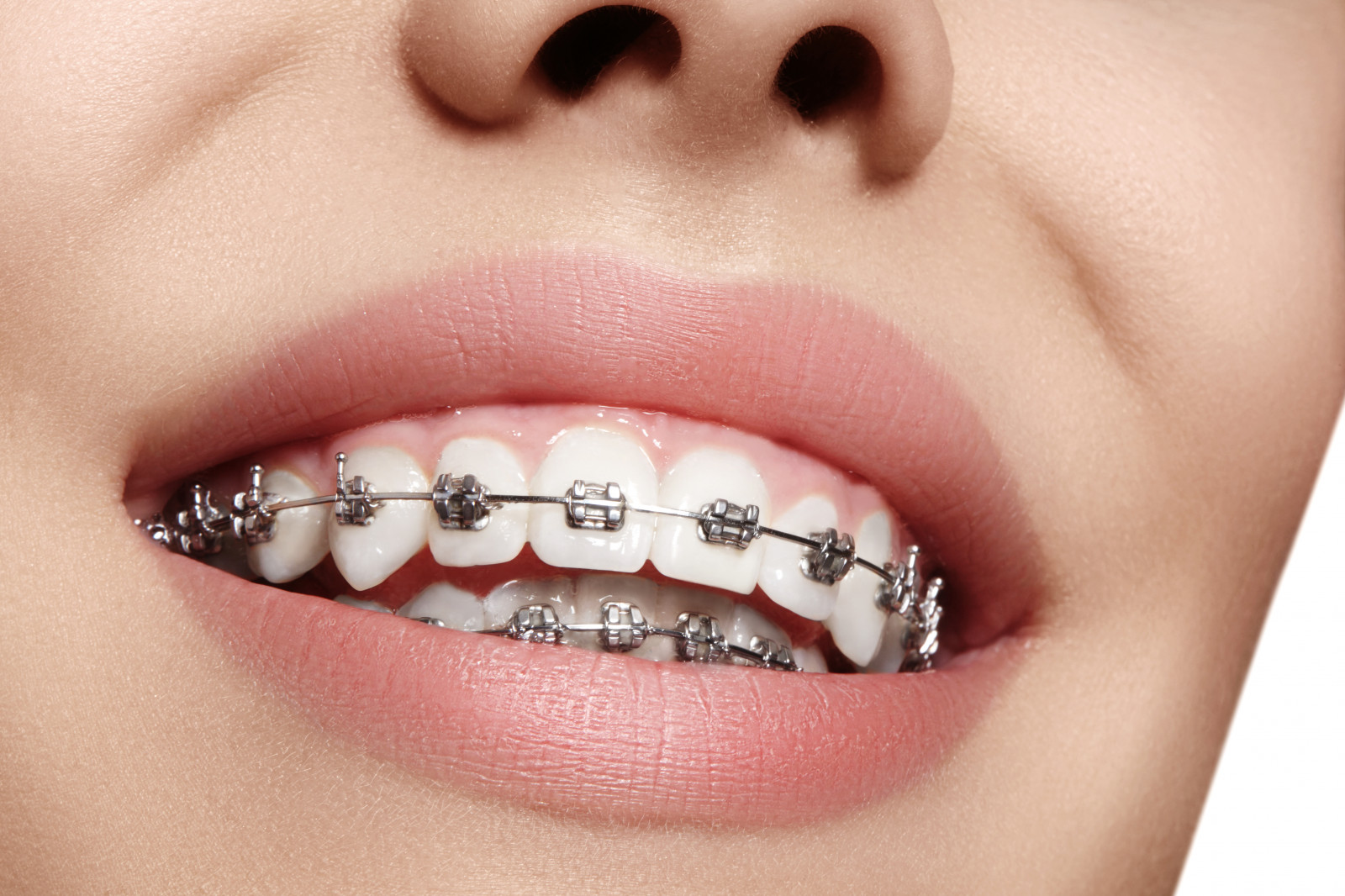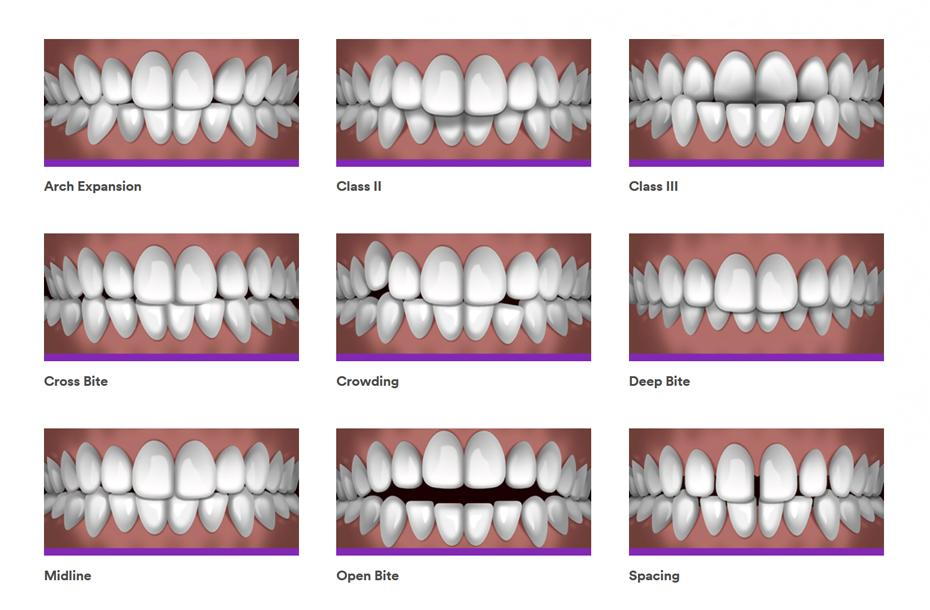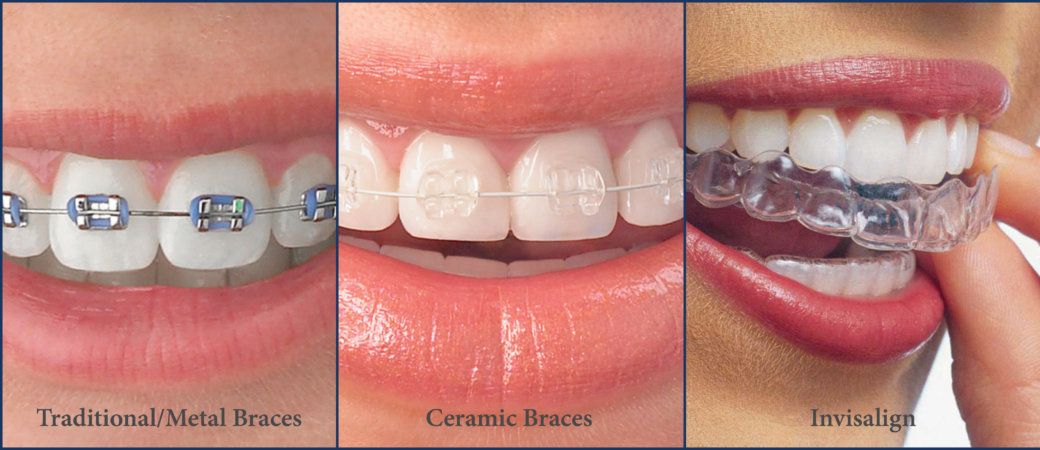Causey Orthodontics Can Be Fun For Everyone
Causey Orthodontics Can Be Fun For Everyone
Blog Article
A Biased View of Causey Orthodontics
Table of ContentsSome Of Causey OrthodonticsCausey Orthodontics - The FactsThe 15-Second Trick For Causey OrthodonticsThe Greatest Guide To Causey OrthodonticsThe smart Trick of Causey Orthodontics That Nobody is Talking AboutGetting The Causey Orthodontics To WorkCausey Orthodontics Fundamentals Explained
What is the distinction between a dental practitioner and an orthodontist? To respond to a question that is frequently asked, both dental professionals and orthodontists aid people acquire better oral health, albeit in various ways. It helps to keep in mind that dentistry is an instead broad scientific research with various medical specializations. All dental professionals, consisting of orthodontists, deal with the teeth, periodontals, jaw and nerves.
You can think of both medical professionals that deal with gum and teeth issues. The major distinction is that coming to be an orthodontist requires a particular specialized in dealing with the imbalance of the teeth and jaw.
All about Causey Orthodontics
An orthodontist is a dental expert that has undergone training to concentrate on the medical diagnosis, prevention and treatment of abnormalities in the jaw and teeth. Their training consists of correcting these existing problems. They can additionally determine potential troubles in teeth positioning that may create when problems are left unattended. Orthodontists can help people of every ages.
This consists of all the required education and learning to end up being a basic dental professional. According to the American Pupil Dental Association (ASDA), it indicates you will need to have either a Physician of Medicine in Dental Care (DMD) or a Doctor of Dental Surgical Procedure (DDS). Simply put, orthodontists require to finish dental college and then acquire an orthodontics specialized education and learning.
Some orthodontists additionally get their masters in craniofacial biology. These programs concentrate on 2 specific areas or disciplines: Dentofacial Orthopedics: This study concentrates on guiding teeth and jaw growth.
The Greatest Guide To Causey Orthodontics

 The total objective of an orthodontist is to boost a person's bite. Not every person is birthed with straight teeth, and an orthodontist will certainly make sure that individuals obtain uniformly spaced straight teeth.
The total objective of an orthodontist is to boost a person's bite. Not every person is birthed with straight teeth, and an orthodontist will certainly make sure that individuals obtain uniformly spaced straight teeth.
Unknown Facts About Causey Orthodontics
The American Association of Orthodontists recommends your very first check up by age 7. You'll need to see your orthodontist if you have an imbalance in your teeth, also referred to as malocclusion. Likewise, if you see irregular bite patterns, a slightly irregular jaw, or when your teeth are chock-full, you will likely require orthodontic treatment.
At Advanced Orthodontics, we supply people with a holistic treatment experience. Furthermore, we provide adjustable treatment routines, versatile repayment options and a fun, pleasurable experience. Phone call ( 480) 357-4900 today to find out more and schedule an appointment.
An orthodontist is a dental expert trained to detect, stop, and treat teeth and jaw irregularities. Orthodontists work with people of all ages, from youngsters to grownups (https://letterboxd.com/causeyortho7/).
A Biased View of Causey Orthodontics
Malocclusion, or misaligned teeth, can cause oral issues, including dental cavity, gum tissue condition, and tough or unpleasant eating. Not everyone is born with straight teeth. If you have a negative bite or large areas in between your teeth, you might intend to seek advice from a dental professional focusing on orthodontic treatment.
(Image Credit Scores: DigitalVision/Getty Images) Orthodontists utilize dealt with and detachable oral devices, like braces, retainers, and bands, to change the position of teeth in your mouth. Orthodontic treatment is for dental irregularities, consisting of: Jagged teethBite problems, like an overbite or an underbiteCrowded teeth or teeth that are as well much apartJaw misalignmentThe goal of orthodontic treatment is to improve your bite.
Causey Orthodontics - Truths

All orthodontists are dental practitioners, yet not all dentists are orthodontists. Orthodontic residency programs use extensive, concentrated instruction for dental professionals. They concentrate on two areas: Exactly how to effectively and securely relocate teeth Just how to effectively guide development in the teeth, jaw, and faceOnce an orthodontist has actually finished training, they have the alternative to become board certified.
Misalignment, or malocclusion, is one of the most usual factor individuals see an orthodontist. It is genetic and is the outcome of dimension distinctions in between the top and lower jaw or between the jaw and teeth. orthodontist expert. Malocclusion brings about tooth congestion, a misshapen jaw, or irregular bite patterns. Malocclusion is typically treated with: Your orthodontist attaches metal, ceramic, or plastic square bonds to your teeth.
The Single Strategy To Use For Causey Orthodontics
If you have just minor malocclusion, you might have the ability to make use of clear dental braces, called aligners, rather than typical dental braces. Some people require a headgear to assist relocate teeth into line with stress from outside the mouth. After braces or aligners, you'll need to put on a retainer. A retainer is a customized tool that keeps your teeth in location.
Report this page